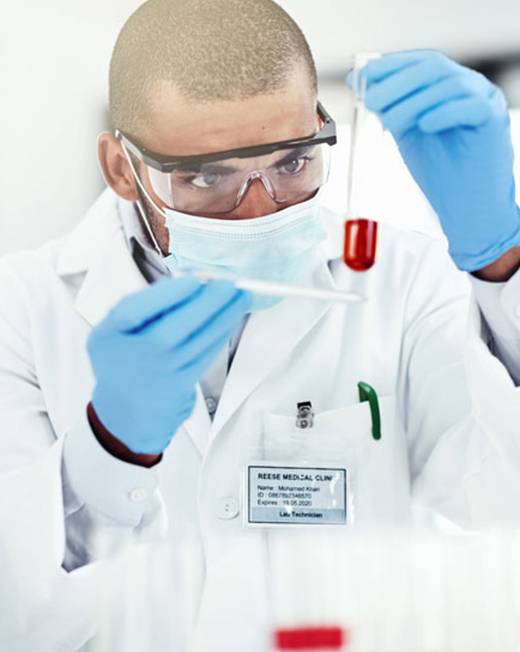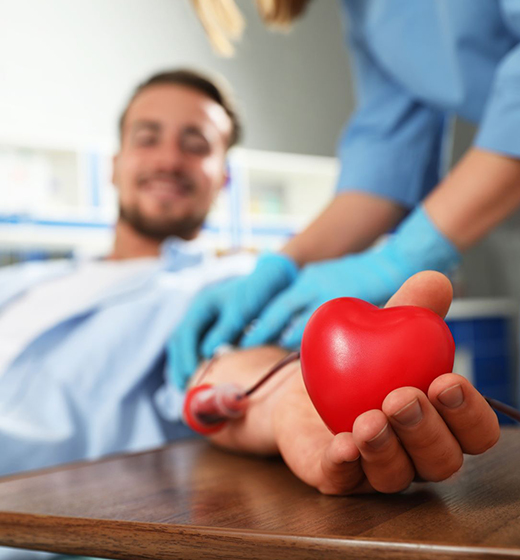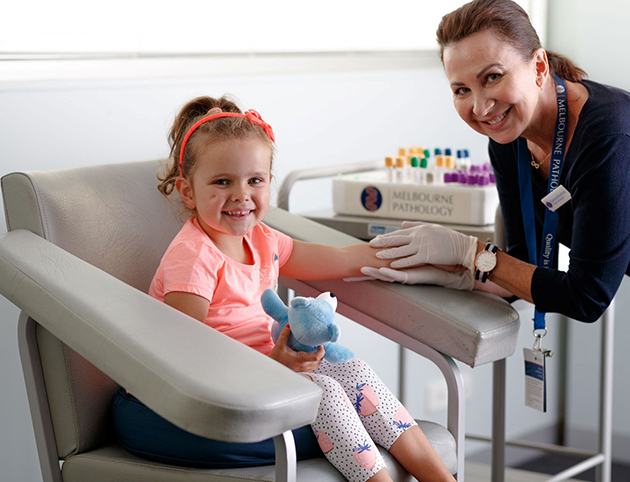Who Can Donate
Stay healthy with our services.
Donating blood is straightforward and our blood supply depends completely on the kindness of volunteer blood donors. There is no alternative to human blood. Most individuals qualify as voluntary donors, even if they are taking drugs. Review the qualifying requirements below and discover whether you can be a lifesaver too.
For more information regarding blood donation and the Covid-19 vaccine, check out the Covid-19 and Blood Donation FAQ.

Prolong your
life by paying attention now.

Common Reasons For Donor Ineligibility
Listed below are some reasons why you may not be able to donate blood on a regular basis or at all. Donor eligibility may be compromised if you take certain medications or have certain health issues.
URGENT REQUEST: Don’t give blood only to find out whether you have HIV (the virus that causes AIDS). Contact the local health department if you have any questions regarding where to get a discreet HIV test.
Age Matters
Age must be at least 17 (16 with the consent of parent or guardian), weight must be at least 110 pounds, and good health must be present.
Donors aged 16-18 are also subject to extra height/weight limits.
Donors age 76 and older may continue to give blood provided they complete all eligibility requirements and produce a physician’s note enabling them to donate, once at the very first donation after attaining their 76th birthday. In the absence of a statement from their physician, individuals must be approved by the medical director at each donation.

Temporary Reasons
| Condition | Blood Donation Timeframe |
|---|---|
| Any reason you are feeling unwell | Until symptoms disappear |
| Cold, sore throat, respiratory infection, flu | Until 3 days after the end of symptoms |
| Traveled to Malaria-prone areas of the world | Within three months of returning |
| A certain type of heart disease | contact us for medical eligibility at 1-800 458 56 97 |
| Ears, nose or skin piercing | A gap of 3 months between the procedures |
| Tattoos | The donor must wait three months after receiving a tattoo in New York State unless it was done in a New Jersey tattoo studio. It's possible for you to donate immediately after getting a tattoo in the majority of American states (Georgia is an exception), but the following states and territories are exempt from this rule and require a three-month deferral period: Georgia Idaho Maryland Massachusetts Nevada New York Pennsylvania Utah Vermont Wyoming. |
| Pregnancy, abortion or miscarriage | After 6 weeks of pregnancy |
| Surgery, serious injury | Feeling well after healing |
| Syphilis, gonorrhea | 3 months after the treatment |
| Have had certain forms of cancer | For medical eligibility, call 1-800-458-5697 |
| Have had sex with someone who has hepatitis B or hepatitis C | The last occurrence must be 12 months ago |
| Blood transfusion | 3 months following blood donation |
| Using a needle to administer non-prescription drugs | 3 months since last occurrence |
| Medication: | |
| Antibiotics (except antibiotics for acne) if taken for infection | Upon completion of treatment |
| Accutane, Absorica, Proscar and Propecia | 3 months after last dose |
| Avodart and Jalyn | A 6-month period following the last dose |
| Soriatane | The last dose was taken 3 years ago |
| Plavix*, Ticlid* | 14 days after taking |
| Coumadin, Effient* and Brilinta* | 7 days after taking |
Permanent Reasons:
It is imperative that you refrain from giving blood if you are:
Has your HIV status ever been revealed to be positive? (AIDS virus)
Being hemophilic is a lifelong condition.
Had hepatitis B or C virus infection.
Developed several types of cancer (contact us regarding medical eligibility at 1 800 458 56 97).
Donating blood may still be an option for you even if you have diabetes or are taking medication that is not listed above. Call us at 800.688.0900 and we’ll tell you.
Traveling outside of the United States might delay your application, depending on the country and the duration of your stay. For additional information and to see whether you qualify, call us at 1 800 458 56 97.
Certain states impose travel restrictions that might prevent a donor from attending a donation facility. Please wait at least 14 days following your return from a state that requires self-quarantine if you have spent more than 24 hours there.
It’s possible that the reasons for not being able to give blood have changed.
